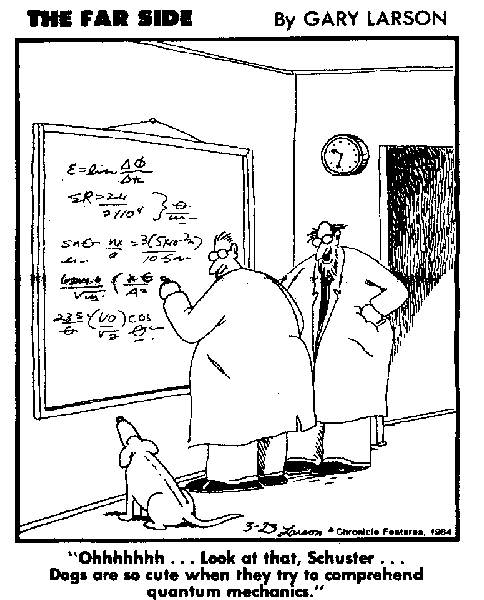
I was recently looking for examples of applications of algorithmic information theory, also commonly called algorithmic information complexity (AIC). After all, for a theory to be sound is one thing, but when it is sound and valuable it moves to another level. So, first, let’s review the broad outline of AIC. AIC begins with the problem of randomness, specifically random strings of 0s and 1s. We can readily see that given any sort of encoding in any base, strings of characters can be reduced to a binary sequence. Likewise integers.
Now, AIC states that there are often many Turing machines that could generate a given string and, since we can represent those machines also as a bit sequence, there is at least one machine that has the shortest bit sequence while still producing the target string. In fact, if the shortest machine is as long or a bit longer (given some machine encoding requirements), then the string is said to be AIC random. In other words, no compression of the string is possible.
Moreover, we can generalize this generator machine idea to claim that given some set of strings that represent the data of a given phenomena (let’s say natural occurrences), the smallest generator machine that covers all the data is a “theoretical model” of the data and the underlying phenomena. An interesting outcome of this theory is that it can be shown that there is, in fact, no algorithm (or meta-machine) that can find the smallest generator for any given sequence. This is related to Turing Incompleteness.
In terms of applications, Gregory Chaitin, who is one of the originators of the core ideas of AIC, has proposed that the theory sheds light on questions of meta-mathematics and specifically that it demonstrates that mathematics is a quasi-empirical pursuit capable of producing new methods rather than being idealistically derived from analytic first-principles.… Read the rest



 The simulation hypothesis is perhaps a bit more interesting than how to add clusters of neural network nodes to do a simple reference resolution task, but it is also less testable. This is the nature of big questions since they would otherwise have been resolved by now. Nevertheless, some theory and experimental analysis has been undertaken for the question of whether or not we are living in a simulation, all based on an assumption that the strangeness of quantum and relativistic realities might be a result of limited computing power in the grand simulator machine. For instance, in a virtual reality game, only the walls that you, as a player, can see need to be calculated and rendered. The other walls that are out of sight exist only as a virtual map in the computer’s memory or persisted to longer-term storage. Likewise, the behavior of virtual microscopic phenomena need not be calculated insofar as the macroscopic results can be rendered, like the fire patterns in a virtual torch.
The simulation hypothesis is perhaps a bit more interesting than how to add clusters of neural network nodes to do a simple reference resolution task, but it is also less testable. This is the nature of big questions since they would otherwise have been resolved by now. Nevertheless, some theory and experimental analysis has been undertaken for the question of whether or not we are living in a simulation, all based on an assumption that the strangeness of quantum and relativistic realities might be a result of limited computing power in the grand simulator machine. For instance, in a virtual reality game, only the walls that you, as a player, can see need to be calculated and rendered. The other walls that are out of sight exist only as a virtual map in the computer’s memory or persisted to longer-term storage. Likewise, the behavior of virtual microscopic phenomena need not be calculated insofar as the macroscopic results can be rendered, like the fire patterns in a virtual torch.


